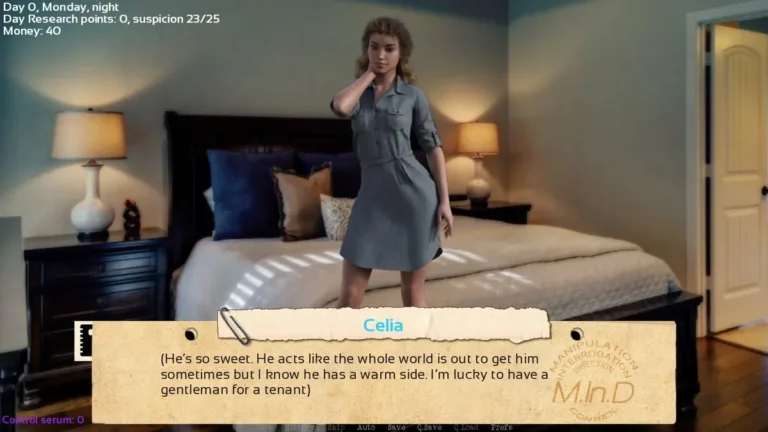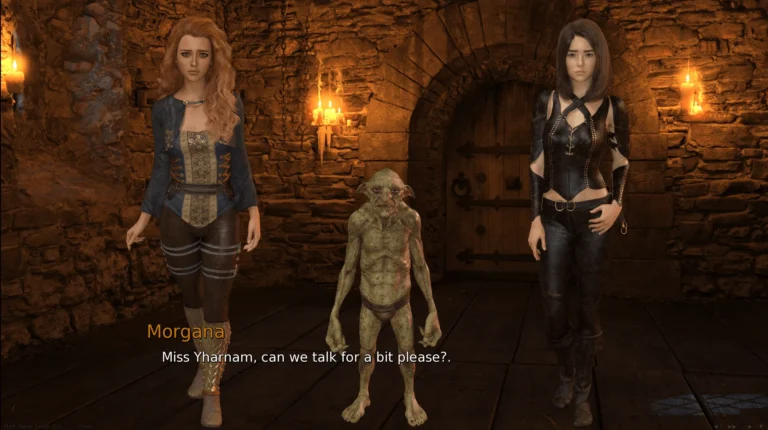
Love Season: Farmer’s Dreams
Developer: MuseX

Developer: MuseX

Developer: LewdAnnieMay -

Developer: Mr. ZZ

Developer: Studio Dystopia

Developer: BangCityDev

Developer: TheRedMyst

Developer: OneManVN

Developer: MrDracosaurus

Developer: Jackerman

Developer: Xell

Developer: BlueCat

Developer: arcaos

Developer: Frozen Synapse

Developer: Xperiment

Developer: DrMolly

Developer: Tristim/LZ_Starbuck/Trollden

Developer: SinsiterSlick Games

Developer: Vander

Developer: MoolahMilk

Developer: EoloStudios

Developer: AtemX Games

Developer: recreation

Developer: Mr.Mister

Developer: MoonBox

Developer: SirDammed

Developer: tightbuns
Developer: Pochemu LTD

Developer: Grinvald


Developer: TrustyOldPatches

Developer: Sex Curse Studio


Developer: Karabinek

Developer: Luxee

Developer: TK8000

Developer: Xiongmao

Developer: Abere Lucifer


Developer: LaCokaGaming

Developer: SirD & Alorth

Developer: Mega Lono

Developer: TowerBoyGames

Developer: MagicNuts

Developer: Night Mirror

Developer: Jamleng Games

Developer: Eva Kiss

Developer: Phoenix Kinkoid

Developer: PTGames

Developer: Naughty Fox Games

Developer: Towerfag

Developer: Talothral

Developer: Tinkerer

Developer: Meorless

Developer: Ocean

Developer: Pandaman Games

Developer: Jikei

Developer: RNGR
The intersection of adult gaming and pregnancy narratives has sparked curiosity among players seeking unconventional storytelling. This article examines the unique appeal of these interactive experiences, analyzes gameplay mechanics, and highlights notable titles while addressing community discussions about responsible engagement.
Let’s face it—you’ve probably played games where romantic relationships feel about as deep as a puddle. 😒 But what happens when developers dive into adult game pregnancy mechanics with the same care as crafting a Netflix drama? Suddenly, your choices matter. We’re talking about games where flirting at a virtual bar isn’t just a mini-game—it’s the first step toward managing surrogate parents in Project Brood or navigating political chaos in Fantastic Fetus.
These titles blend interactive choice systems with consequences that stick. For example, in Project Brood, you don’t just “get pregnant” and call it a day. You’ll negotiate contracts with surrogates, balance their emotional needs, and even deal with sudden plot twists like medical emergencies. It’s like The Sims meets House of Cards—if your Sim could overthrow a government. 🎮👶
Here’s the kicker: narrative branching paths turn every playthrough into a unique story. Forget linear storytelling—your decision to prioritize career over family might lead to a bittersweet ending where your character adopts a child solo, while choosing ambition could spark a rebellion (looking at you, Fantastic Fetus).
Pro tip: Always save before major decisions. Trust me, you don’t want to accidentally alienate your in-game partner and end up raising triplets alone.
Imagine this: You’re three hours into a game, deeply invested in your character’s relationship. Then BAM—your partner drops a pregnancy bomb. 😱 Do you panic, celebrate, or ghost them? In games with virtual pregnancy simulations, your response ripples through the story.
Developers are using tools like branching dialogue systems to make these moments feel organic. Take Lifetime Legacy, where telling your boss about a pregnancy could lead to a promotion (they need a “family-friendly” poster child) or sabotage (hello, workplace drama). The game doesn’t judge—it adapts.
But it’s not just about dialogue trees. Consequence-based progression means every action has weight. Skip prenatal appointments in Nine Months? Your character might face health complications. Ignore a partner’s emotional needs? Prepare for a messy breakup—and custody battles. 🩺💔
What makes these games addictive? They mirror real-life stakes without the real-life mess. You get to explore “what if” scenarios safely, whether that’s co-parenting with an alien (Stellar Cradle) or running a daycare cult (Baby Bloom).
So how do developers turn wild ideas into playable experiences? 🤔 It all comes down to game engines that handle complex variables. Let’s geek out for a sec:
Engines like Godot and Phaser excel at managing interactive choice systems. Godot’s visual scripting lets creators map out narrative branching paths without writing a single line of code—perfect for indie devs. Meanwhile, Phaser’s lightweight framework is ideal for browser-based games where quick decision loops keep players hooked.
| Engine | Best For | Key Feature |
|---|---|---|
| Godot | Complex storylines | Visual scripting, 2D/3D support |
| Phaser | Browser games | Rapid prototyping, HTML5 integration |
Games like Project Brood use Godot’s flexibility to track hundreds of variables—think surrogate happiness levels, financial stability, and even weather impacts on pregnancy health. Meanwhile, Fantastic Fetus leans into Phaser’s speed to deliver snappy political debates where every dialogue choice shifts public opinion. 🗳️
The secret sauce? Modular design. Developers build systems that let pregnancy outcomes affect gameplay organically—like a character’s fatigue impacting their job performance or their social circle shrinking due to stigma.
Whether you’re here for the drama, the strategy, or the sheer novelty, adult game pregnancy mechanics offer something you won’t find in mainstream titles. They’re messy, bold, and unapologetically human—with enough virtual pregnancy simulations to keep you glued to the screen.
So next time you’re browsing for games, skip the generic romances. Dive into worlds where your choices shape lives, challenge norms, and maybe—just maybe—make you rethink what “family” really means. 👨👩👧👦✨
While pregnancy-themed adult games offer innovative storytelling opportunities, they require careful consideration of ethical design practices. Developers should prioritize clear content warnings and age verification systems. Players interested in exploring this niche should research community-vetted titles and engage with content mindfully.
Have a favorite adult game that's not in our collection? Let us know and we might feature it!
Contact Us